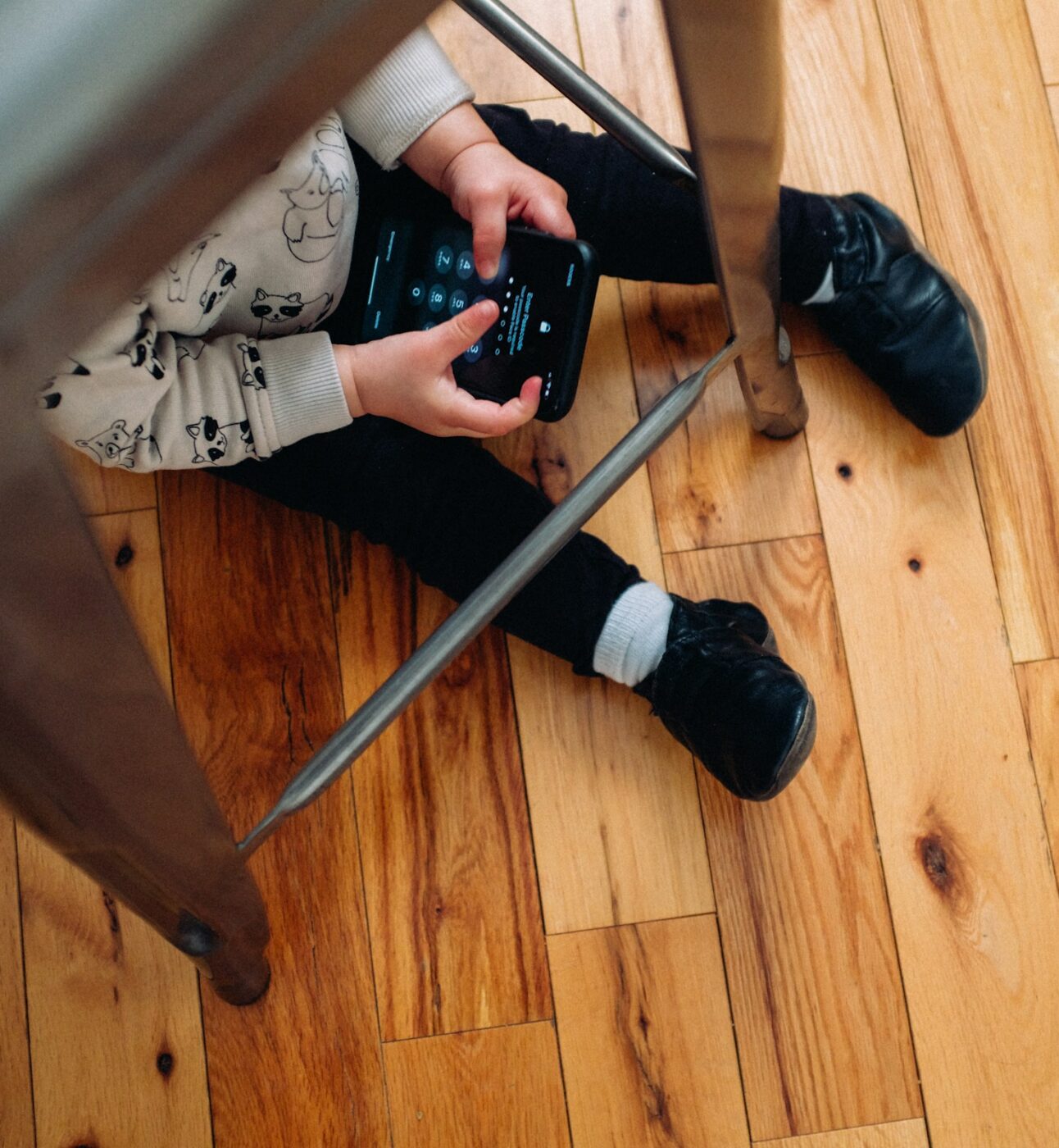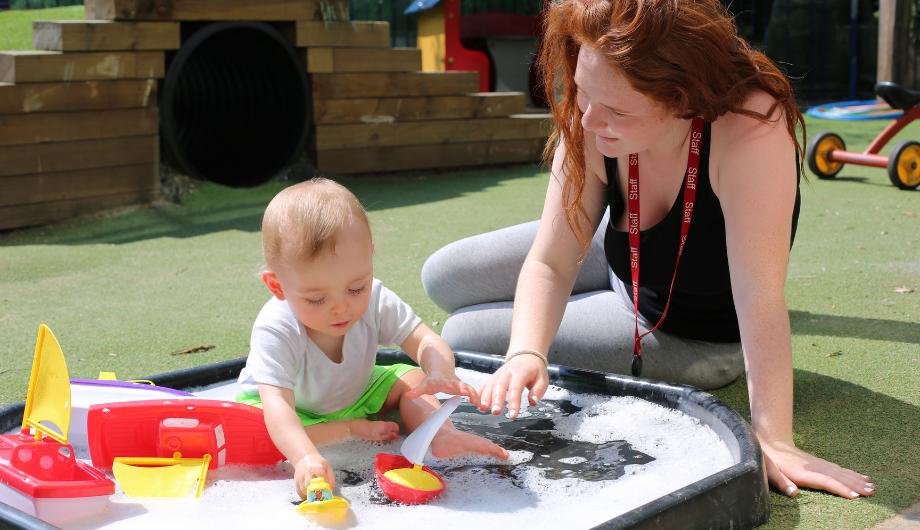
The impact of the mobile phone
It is Good to Talk! The signs of things going wrong in society are usually first evident in small children. The widespread dependence on Smartphones is…
February 13th 2018
Valentine’s Day is another marketing dream. A flurry of hearts and fluffiness is thrust upon us. The UK spends over a billion pounds on the stuff. Foolish romantics will book a restaurant on the 14th and pay twice the price for the same pizza as the night before but this time shaped as a heart.
Valentine’s Day is sent to test us. It’s a source of confusion; like a scourer, the yellow sponge of nonchalance and rationality topped by a slight abrasive discomfort for not playing along with all its cheesiness.
But love is worth discussing. It sometimes feels in short supply. A little four-year-old observed recently. “Whys is everyone so cross?” it led us to a revisit our understanding of love and kindness and what it means for us as early years teachers at LEYF.
Generally, tends to be considered and communicated as the romantic love between two adults. But the Greeks had four words to describe love: Philia: deep love between close friends, something that is to be treasured, says someone who is about to lose her best friend to cancer; Agape, the love of all humanity; Eros: passionate sexual love; and Storge, family love, between a parent and child.
I was giving a talk last week at the University of Middlesex (who very kindly gave me an Honorary Doctorate so I like to support their lovely students). It was about wellbeing for staff and children. I raised the issue of love and the importance of us understanding what it means when you are working with small children. The comments were wide-ranging but the agreement was that defining what love looks like between nursery teacher and child can be a messy fusion of agape, storge and philia. Jools Page did some interesting work on professional love, describing it as messy and hard to articulate for many people, but the reality is our ability to create deep, warm and nurturing feelings.
In direct opposition to this and indeed to the tone of our discussion about love, some colleagues talked about the “no hugs” policies. I had heard about this on the early years grapevine but had ignored it as ridiculous and inhumane. Ha, how wrong was I! It would seem that this policy is alive and kicking, and disenfranchised junior staff are being instructed by their schools not to hug the children and if a child comes up and holds their hands they are told to slip their hand out as subtly as possible. I was shocked but so was everyone I spoke to, which is reassuring. To refuse a child a cuddle or a hug is inhumane and certainly lacks kindness, which is one very real translation of love. This policy and practice is particularly wrong on many levels. Research from Harvard showed the importance of touch to children’s wellbeing.
It’s ironic that we have a policy green paper Transforming Children and Young People’s Mental Health Provision, which argues that schools can help reduce mental health issues especially for the 7% of children under the age of seven who have a diagnosable mental health issue. As ever a joined-up approach has been cited as ensuring a more successful outcome for children. So, just from a common-sense perspective, would it not be better to have school policies designed to support children’s healthy mental wellbeing rather than spend money training teachers to respond to the problems? Follow Laura Henry’s Facebook group to see just how many and how often she posts about mental illness. It’s staggering!
Mine Conkbayir would agree as her analysis of the impact of love on children’s brain development and mental wellbeing is significant. I rang her for a comment and she quoted from her book reaffirming the importance of love and sensitive adults:
“Healthy socio-emotional development does not occur in isolation, nor can it flourish where a child does not have access to stable and affirming relationships with adults, who can guide them through this fundamentally important aspect of their life.” (Page 116)
In a society that spends billions on knick-knacks and overpriced meals to celebrate and wallow in the cheesy concept of romantic love, or as President Trump would say “fake love”, is it not more important to think about and discuss the complexity of love and what it looks like between adults and children in education? As Tom Shea said the other day in a social media conversation, mental health is everyone’s business.

It is Good to Talk! The signs of things going wrong in society are usually first evident in small children. The widespread dependence on Smartphones is…

Talking Early Years – In Conversation with Dr Ger Graus The power of play is recognised within the Early Years sector as essential to children’s development. Playing is…

How Early Years staff can help children cope with imprisonment of a loved one In my life many of my connections have been made through serendipity. In this case…